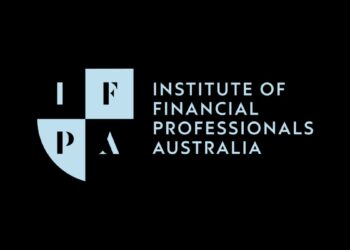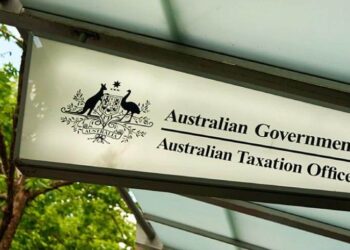The decision, Blow v Hill, concerned the estate of a long-serving NSW magistrate, Sue Schreiner, and an irrevocable authority that was signed by her former de facto partner, Alan Hill.
At the time of Ms Schreiner’s death, she and Mr Hill had been in a de facto relationship for around 25 years. Ms Schreiner had no children but had a very close relationship with her niece and nephew.
Mr Hill had children and grandchildren but had been estranged from them for many years based on the evidence given to the Court.
Ms Schreiner’s assets at the time of her death included a half share in a property in Red Hill in the Australian Capital Territory held by her and Mr Hill as tenants in common. That property was sold and the proceeds were held in a solicitor’s trust account.
She was unexpectedly diagnosed with pancreatic cancer in January 2020. In the period leading up to her death, Ms Schreiner took steps to get her affairs in order, including making the new will.
One of the matters addressed by Ms Schreiner during that period was the fate of the Red Hill property. Ms Schreiner and Mr Hill had bought the property many years earlier as joint tenants.
That was in circumstances where, as was common ground at the hearing, they had always assumed he would die first. In that event, Mr Hill’s interest in the property would have passed to Ms Schreiner.
Until she was diagnosed with cancer, they had not contemplated the reverse situation; that she would die first and that her interest in the property would pass to Mr Hill. In that unexpected event, Mr Hill would also become the spousal recipient of her superannuation pension.
After her diagnosis, Ms Schreiner decided to sever the joint tenancy. She raised the matter of the superannuation pension with Mr Hill at that time but he was sceptical about whether he would receive those payments.
On 27 April 2020, Ms Schreiner signed a transfer giving effect to her unilateral transfer of her interest in the Red Hill property to herself.
Shortly before Ms Schreiner’s death, Mr Hill promised her that, following her death, he would pay his share of the proceeds into her estate upon confirmation of his entitlement to her superannuation pension.
Ms Schreiner recorded the promise in her last will and made the two testamentary gifts to Mr Hill conditional upon its fulfilment. Following Ms Schreiner’s death, Mr Hill signed an irrevocable authority reflecting the promise.
However, Mr Hill later sought to resile from that agreement, prompting the executor to commence proceedings against him.
The Will made two specific bequests to Mr Hill: a property owned by Ms Schreiner and the sum of $200,000 to be paid out of the proceeds of sale of Ms Schreiner’s half share of the Red Hill property. However, these bequests were conditional upon Mr Hill fulfilling his promise to pay his half of the proceeds from the sale of the Red Hill property into the estate.
On 18 December 2020, Mr Hill received confirmation from State Super that payment of the pension to him had been approved. According to the promise recorded in the Will, it followed that he was thereupon obliged, in conscience if not by law, to pay the net proceeds of sale of his half of the property to form part of the residue of Ms Schreiner’s estate.
Mr Hill contended that in securing his agreement to sign the irrevocable authority, the executor acted in breach of a fiduciary duty allegedly owed to him as a beneficiary under the will.
During the hearing, he made an oral application to have the authority rescinded on that basis.
The executor, Ms Blow, sought a declaratory order concerning Mr Hill’s obligations in accordance with the irrevocable authority.
She contended that, in accordance with orthodox principle, Mr Hill was accordingly bound by his agreement.
The Court determined that Mr Hill was bound by the terms of the irrevocable authority and that his application for its rescission must be dismissed.
It was also satisfied that the declaratory order sought by the executor is necessary to determine a legal controversy between the parties.
The Court declared that that the plaintiff as executor of the estate of Suzanne Schreiner was authorised to receive, and Trinity Law Pty Ltd as the executor’s solicitor was authorised to pay, the net proceeds of sale of the defendant’s half interest in the Red Hill property to the estate of Suzanne Schreiner.


